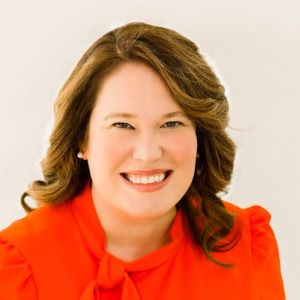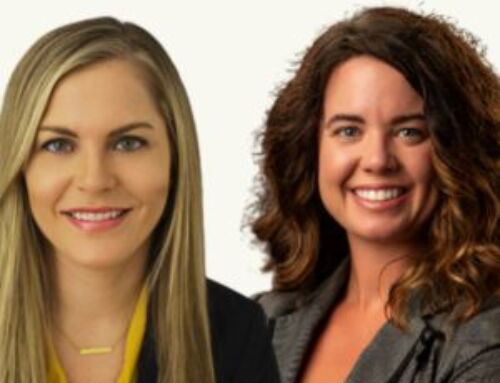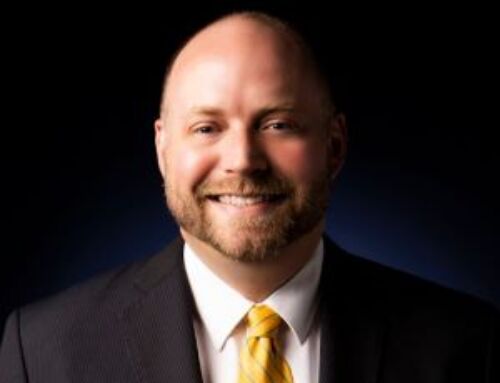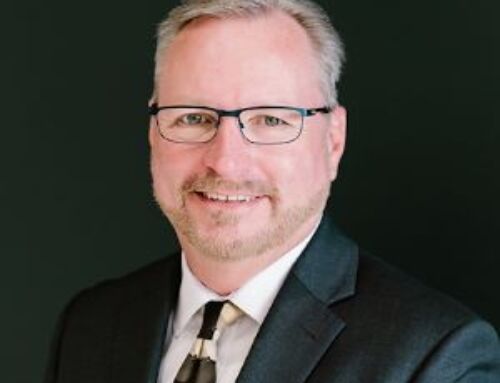Kate Franke is the Founder and a Partner at Broadwing Legal, a personal injury law firm based in Indiana. She focuses her practice on representing clients in cases involving truck and car accidents, medical malpractice, wrongful death, and product liability. Kate is actively involved in the legal community, having served on the Board of Directors for the Indiana Trial Lawyers Association and as a member of the American Association for Justice. She frequently speaks at industry events on topics such as personal injury law and the integration of technology in legal practice.
Here’s a glimpse of what you’ll learn:
- [2:07] Kate Franke discusses the value of affordable focus groups for personal injury attorneys
- [5:15] What insights can attorneys gain from focus groups before trial?
- [6:33] Practicing voir dire and refining trial skills through live focus groups
- [9:48] Common misconceptions about running a legal focus group
- [12:30] Broadwing Legal’s process for onboarding attorneys for focus group services
- [17:15] How to target and recruit diverse focus group participants using Meta ads
- [25:31] Pros and cons of online versus in-person focus groups in the post-COVID era
In this episode…
Trial preparation often hinges on anticipating how a jury will react — but many attorneys hesitate to run focus groups due to concerns over time, cost, and complexity. Without external feedback, lawyers risk presenting cases based solely on their own assumptions. How can attorneys validate their arguments, refine their storytelling, and prepare for surprises without draining their budgets?
Kate Franke, an experienced trial lawyer, has mastered the art of running affordable focus groups, utilizing platforms like Craigslist and Facebook to recruit diverse and representative jury pools. Drawing from her extensive experience, including insights gained from the American Association of Justice seminars, she emphasizes the importance of understanding what jurors find relevant about each case. Through focus groups, lawyers can identify potential weaknesses and fine-tune their presentations, ensuring they resonate with actual jurors. By conducting multiple focus groups and tweaking their approach, attorneys can adapt their narratives and strategies, ultimately increasing their chances of success in the courtroom.
In this episode of Circle City Conversations, Alex Limontes interviews Kate Franke, Founder and a Partner at Broadwing Legal, about practical ways attorneys can run budget-friendly focus groups. Kate discusses how to balance logistics and facilitation, the value of pre-discovery feedback, and why attorneys should resist relying on friends or family for mock juries. She also shares insights on participant vetting, incentive strategies, and effectively moderating online sessions.
Resources mentioned in this episode:
- Alex Limontes: LinkedIn | Bio | Facebook
- Hurst Limontes LLC
- Kate Franke:LinkedIn | Bio
- Broadwing Legal
- Indiana Focus Group
- How to Do Your Own Focus Groups: A Guide for Trial Attorneys by David Ball, PhD
- American Association for Justice (AAJ)
- “Ep. 5: The Power of Mentorship in Building a Strong Legal Career” with Kate Franke on Circle City Conversations
Quotable Moments:
- “You’re going to get so much invaluable information, even if you can just do it once.”
- “Listening is the key part to it, and then you take what you’re getting in and follow up.”
- “You can totally think you’ve got the best case ever, and you’ll go and try it and lose.”
- “Even if they don’t want to be there, they’re there. The nice thing about a focus group is they want to be there.”
- “You want all the bad stuff. Because in that bad stuff, you’re also going to find the golden nuggets.”
Action Steps:
- Run at least one focus group before trial: Early feedback helps uncover hidden weaknesses and strengthens case strategy, enabling timely adjustments for better outcomes.
- Recruit a demographically diverse jury pool: A well-balanced group mirrors real juries and ensures more realistic, actionable insights.
- Focus each session on one specific issue: Narrowing your topic prevents diluted feedback and leads to deeper, more meaningful results.
- Use online tools like Meta ads for participant outreach: These platforms offer cost-effective, targeted recruitment across multiple demographics.
- Practice voir dire skills during focus groups: Facilitating these sessions sharpens your ability to engage and read jurors before the real trial.
Sponsor for this episode…
This episode is brought to you by Hurst Limontes LLC — a personal injury law firm based in Indiana.
Founded in 1981, Hurst Limontes LLC is one of the few firms whose practice focuses exclusively on victims of negligence and their families.
With more than 116 years of combined experience among our attorneys, you can trust us to handle your cases with valuable and extensive expertise. We have the knowledge to handle any case — from automobile accidents to construction site accidents, firearm discharge accidents, slips and falls, and more.
No matter how complex the case or how significant the injury is, we aim to make the process as stress-free as possible for clients.
Our attorneys have represented thousands of injured clients and obtained hundreds of millions of dollars in settlements and verdicts.
Have you or a family member been a personal injury victim in Indiana? Contact our dedicated team of personal injury lawyers at hurstlimontes.com or email alimontes@hurstlimontes.com.









